



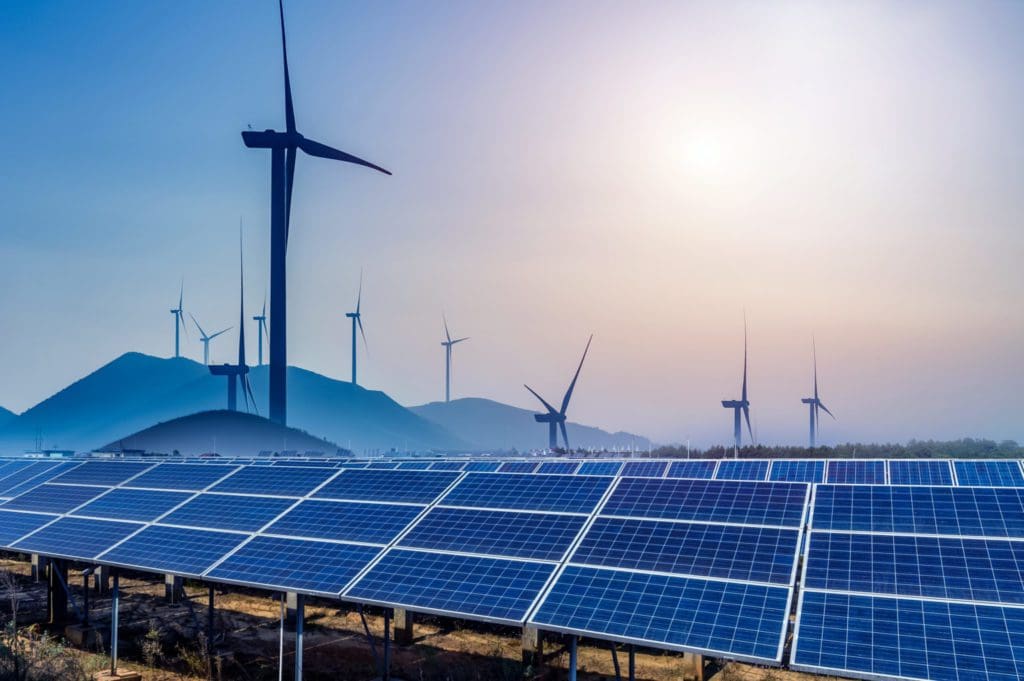
Hungary’s installed solar power capacity exceeded 8000 megawatts in June, helping reduce electricity imports below 20 per cent in the first half of 2025. Government support and storage expansion continue to drive the country’s green energy momentum.

Former Hungarian President János Áder says achieving climate neutrality by 2050 requires joint action from governments, banks, and citizens. His latest podcast explores the economic, financial, and regulatory challenges of green transformation.
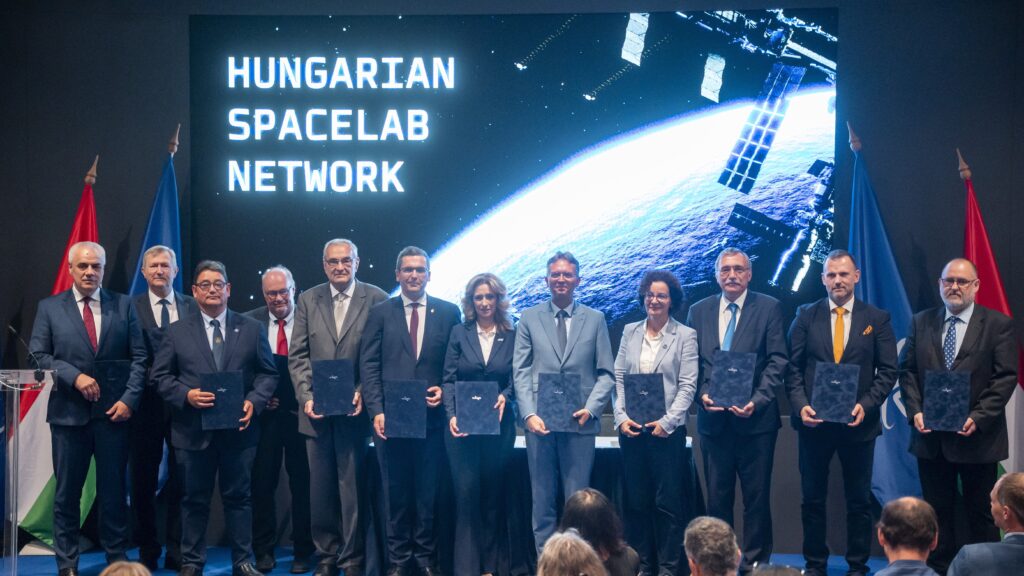
Hungary has launched the Hungarian Spacelab Network, a joint initiative uniting nine universities, two ministries, and the national research network to strengthen the country’s presence in space research and innovation.
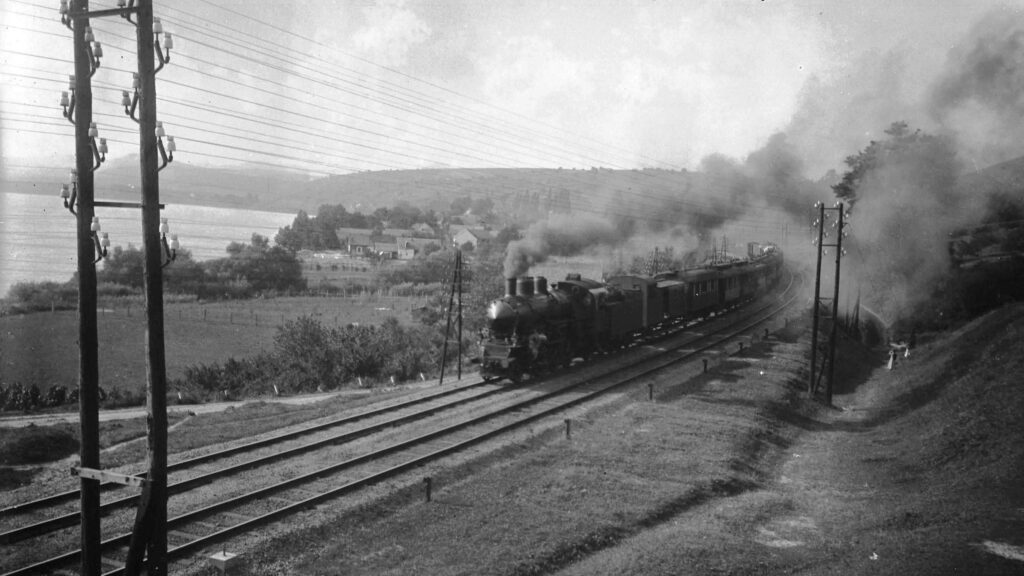
A new exhibition at the Hungarian Railway Museum in Budapest guides visitors through 200 years of global railway history—from 19th-century British steam engines to modern Japanese bullet trains—marking the bicentennial of public rail transport.
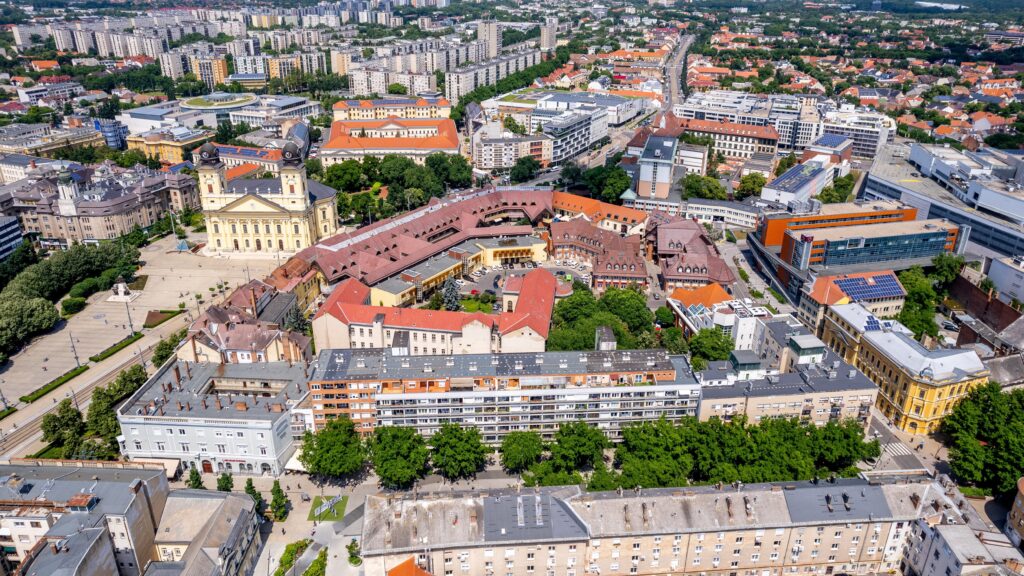
Debrecen has been named one of the top three finalists in the race for the 2027 European Green Capital title, joining Heilbronn (Germany) and Klagenfurt (Austria), the European Commission announced on Friday.
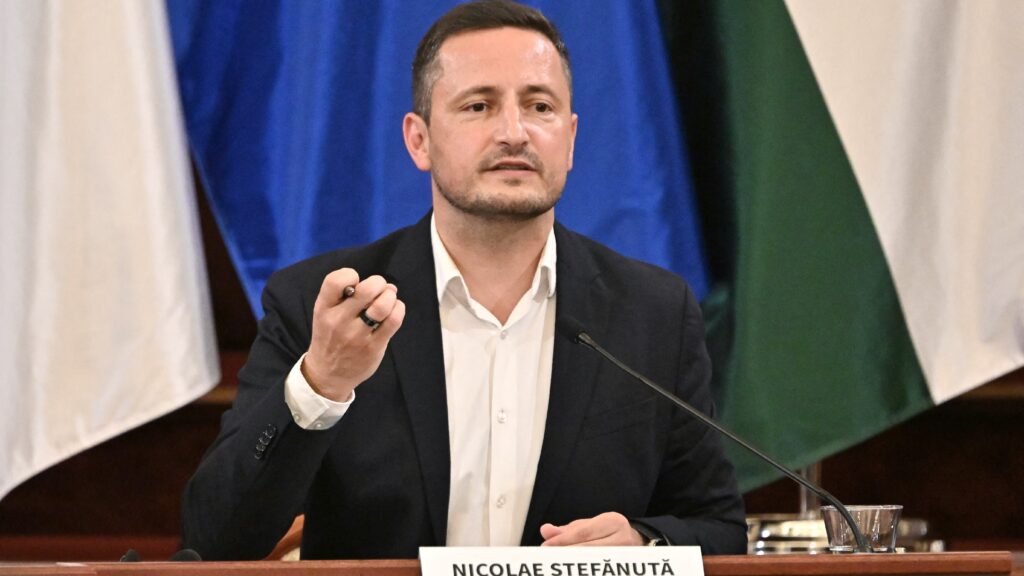
European Parliament Vice President Nicolae Ștefănuță has voiced support for the Stop Killing Games petition, advocating for gamers’ rights and calling for laws that prevent companies from permanently shutting down purchased digital games.
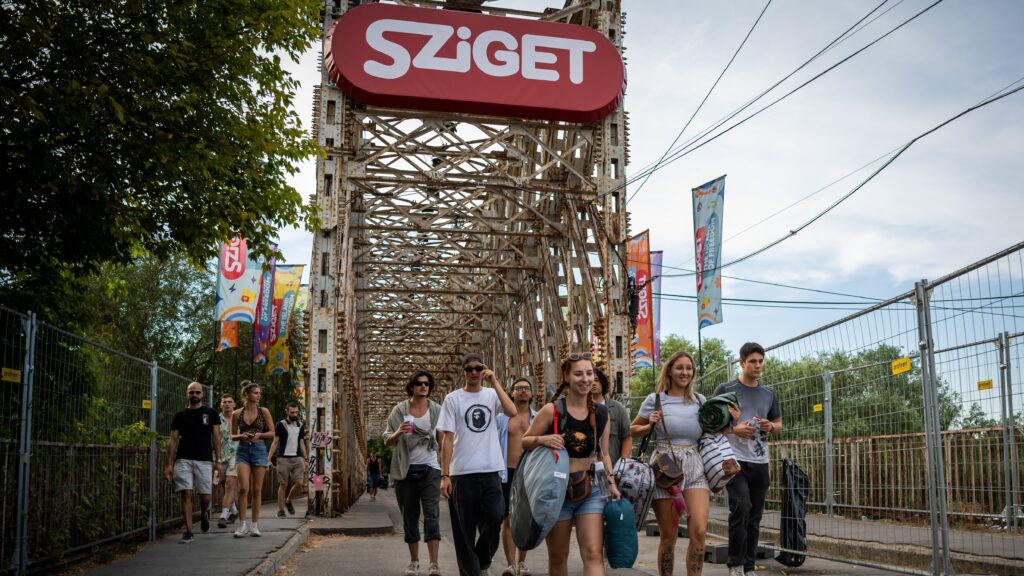
Sziget Festival 2025 has introduced a discounted night ticket, giving festivalgoers access to late-night shows and new electronic music venues, including the Delta District. The Night Ticket by Revolut costs 21,900 HUF—35 per cent less than a full-day pass.

In a radio interview, Prime Minister Viktor Orbán criticized Ukraine’s conscription practices after a Hungarian man died in custody, warning that admitting Ukraine to the EU means importing war. He also spoke on the economy, Audi, and youth housing.

Ursula von der Leyen reaffirmed strong EU support for Ukraine’s war effort and reconstruction, prompting criticism from Hungary’s political director, who accused Hungarian opposition parties of backing foreign interests over national ones.

‘The third-generation Q3 launch underscores Audi Hungaria’s strategic role in both the global automotive market and Hungary’s industrial landscape.’
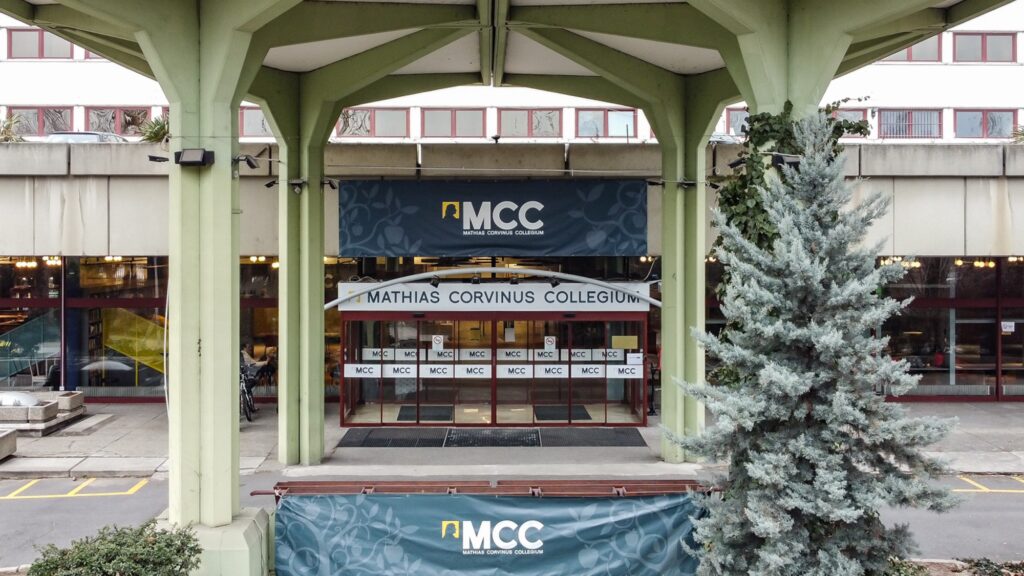
The Mathias Corvinus Collegium is expanding its Roma Talent Programme, offering long-term educational support, mentoring, and scholarships to Roma high school and university students. Applications for the free programme are open until 10 August.
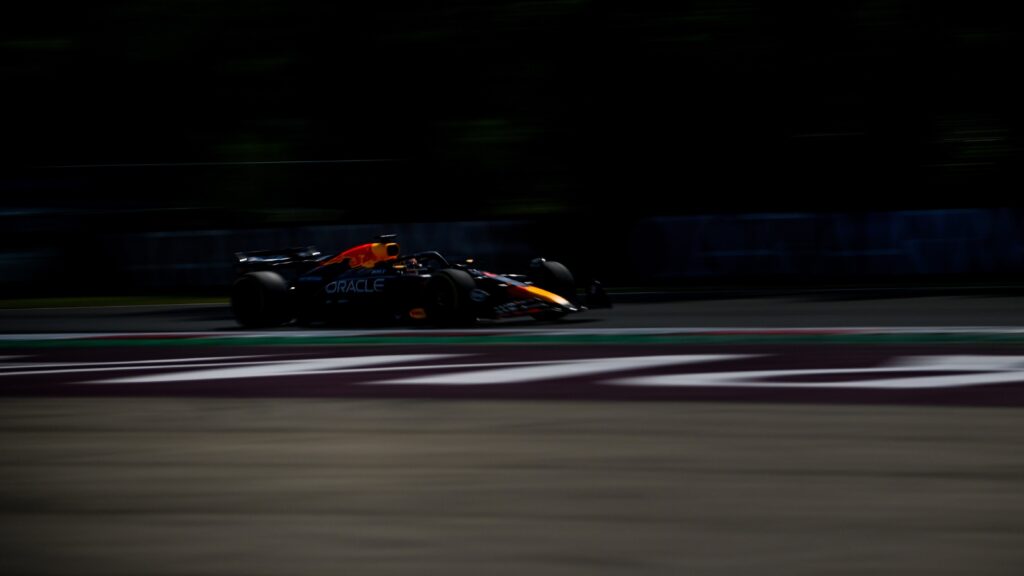
This year’s Formula 1 Hungarian Grand Prix, held on the first weekend of August, will be entirely cashless. Festipay will manage all on-site payments with contactless terminals, offering fans a faster and safer experience at the Hungaroring.
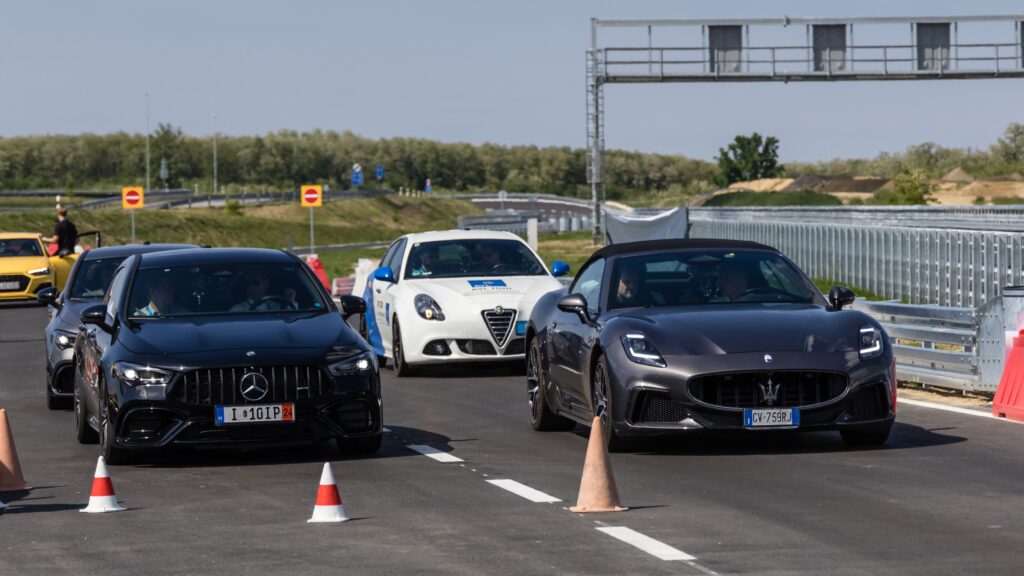
Hungary and China are set to establish a joint research and testing centre for smart vehicles and energy storage in Zalaegerszeg. The project, involving major Chinese partners, will support global markets and expand Hungary’s role in green innovation.
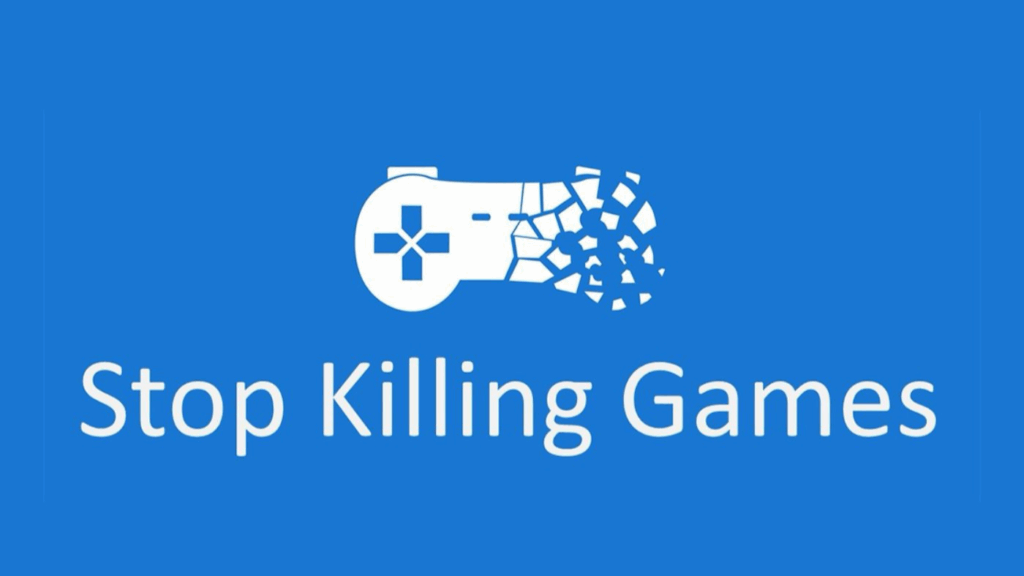
The ‘Stop Killing Games’ campaign is gaining traction across Europe, with over 1.2 million signatures demanding legislation to preserve access to purchased games. Industry pushback is only strengthening supporters’ resolve to fight for digital ownership rights.
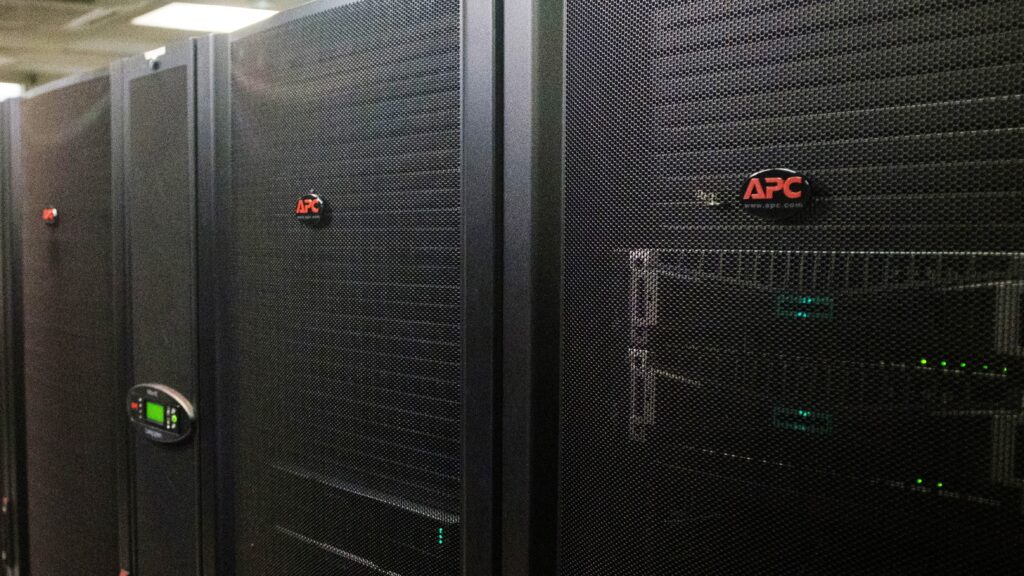
A state-of-the-art supercomputer designed for artificial intelligence research has been installed at the University of Szeged, marking a major step in Hungary’s digital innovation strategy and boosting its global presence in AI development.
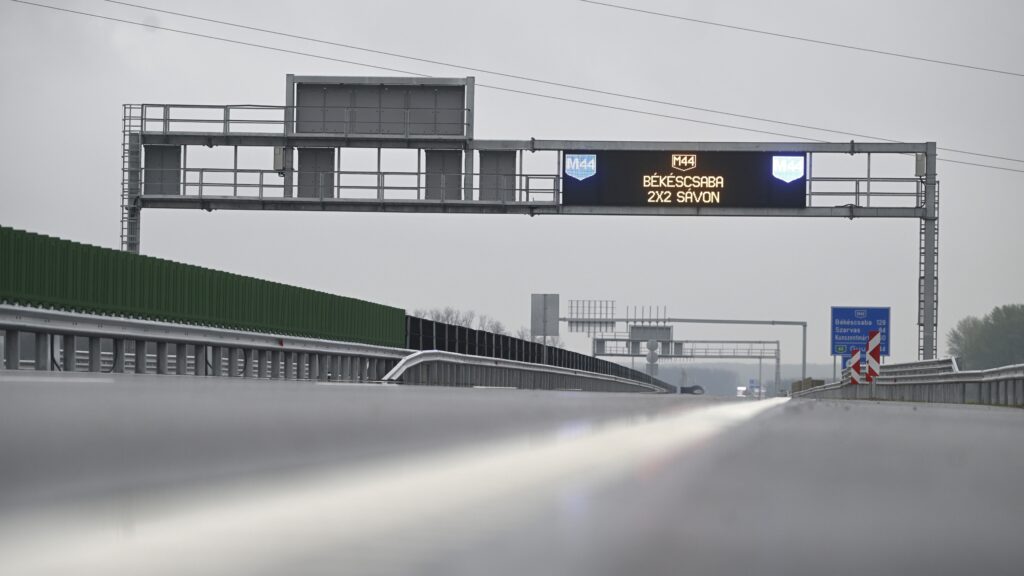
From September, drivers in Hungary will save around 2 billion forints annually as the government eliminates the online convenience fee for motorway toll stickers, aiming to clean up the market and reduce hidden costs in digital services.
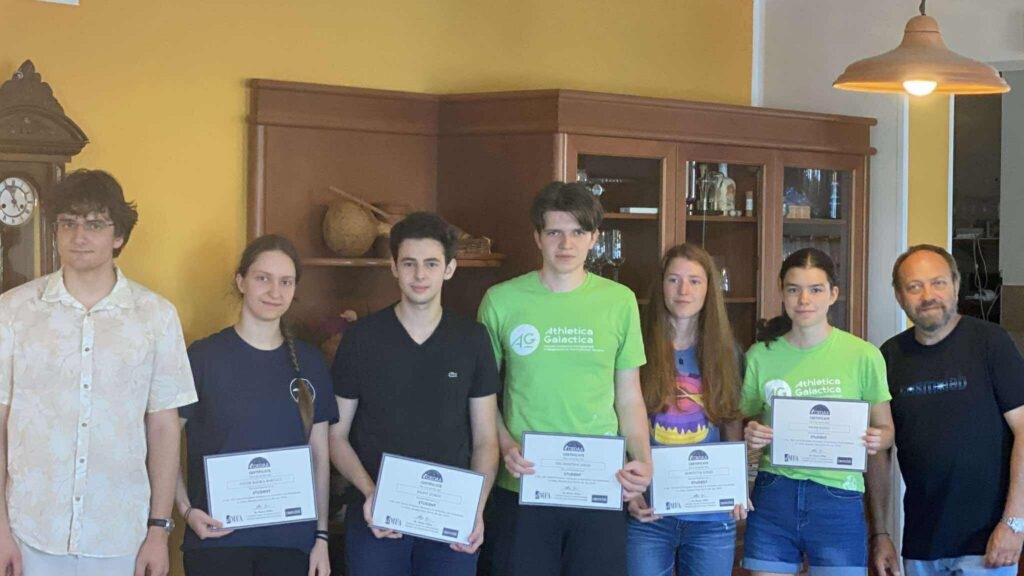
Every Hungarian student returned with a medal from the 10th Central European Olympiad in Astronomy and Astrophysics held in Slovenia. Their success highlights Hungary’s strong presence in international scientific competitions.

Hungarian political director Balázs Orbán rebuked Ukraine’s deputy PM, stressing that EU accession is not automatic and requires unanimous approval—responding to Kyiv’s claim that Hungary cannot block the start of membership talks.
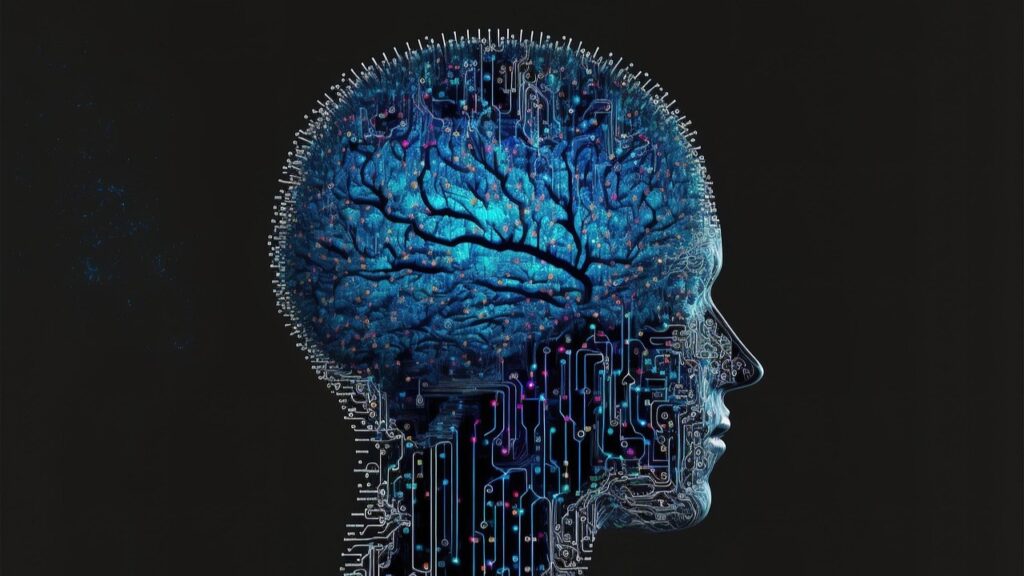
Hungarian researchers have used AI-inspired mathematical models to explore how human memory works. Their study shows that surprising experiences play a uniquely important role in learning, challenging older theories about what the brain should remember.
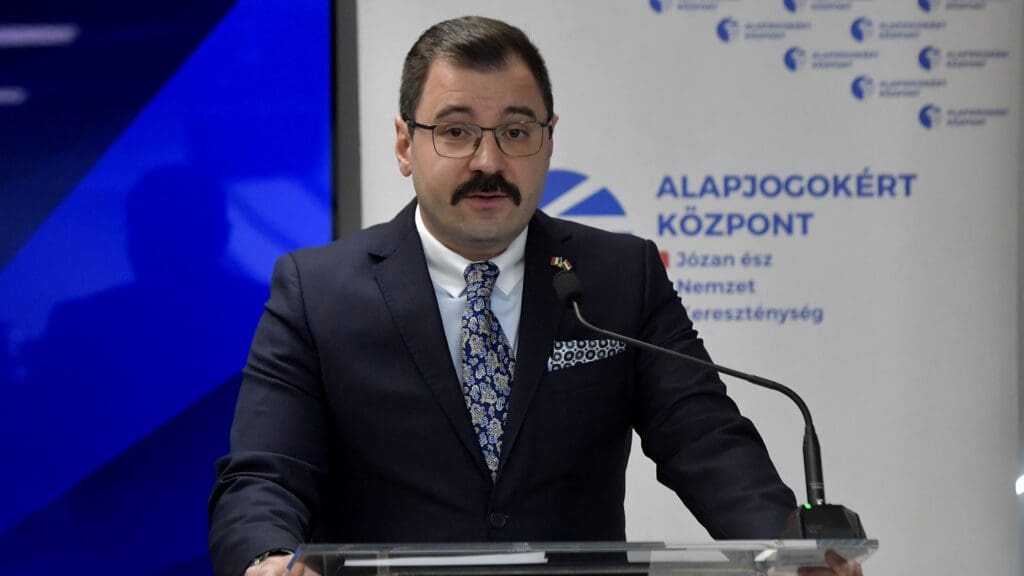
Miklós Szánthó, head of the Center for Fundamental Rights, claims Hungary’s right-wing government is under coordinated attack from a globalist elite that sees the 2026 elections as crucial for pushing Ukraine’s EU accession and centralizing power in Brussels.
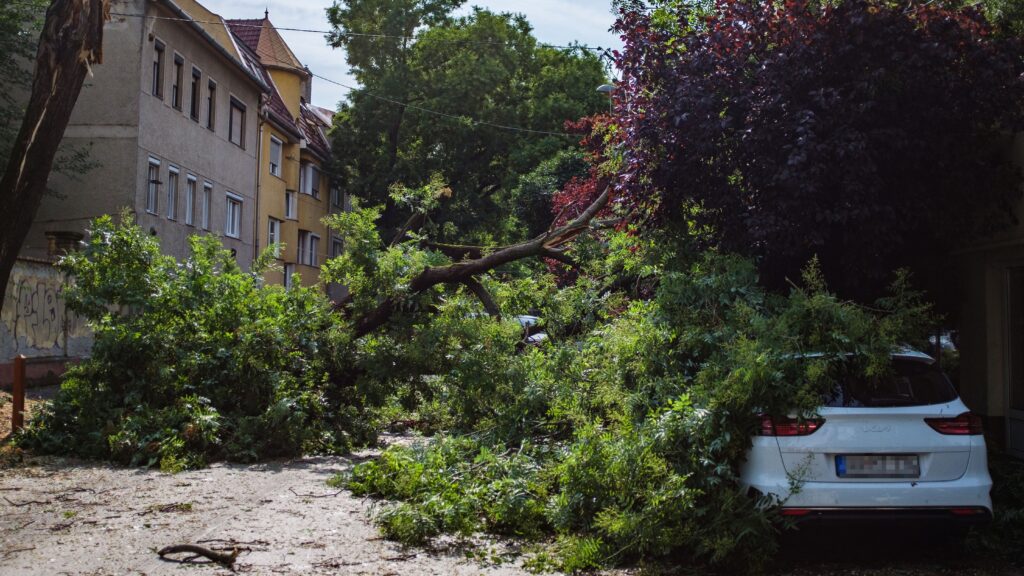
A severe storm swept through Hungary on Monday, triggering more than 2,200 emergency fire service responses by early evening. The worst-hit areas included Budapest, Pest, and several counties in southern and eastern Hungary.

Hungary’s government renewed its strategic partnership with the national Civil Guard, aiming to strengthen rural life, enhance public safety, and support environmental protection efforts across the countryside, the agriculture minister announced.

Hungarian astronaut Tibor Kapu, currently aboard the International Space Station, called his journey ‘a divine experience’ and highlighted Hungary’s major role in the Axiom-4 mission during a live press briefing from orbit.

Following a temporary price spike due to the Iran–Israel conflict, fuel prices in Hungary have dropped below the regional average again, with both petrol and diesel now cheaper than in neighbouring countries, according to official data.

Hungary’s Political Director Balázs Orbán criticized an EU–Ukraine trade agreement that could flood the EU market with cheap Ukrainian agricultural products, warning it would severely hurt Hungarian farmers and create unfair competition.

Prime Minister Viktor Orbán voiced strong opposition to Ukraine’s EU accession, warning it would cripple Hungary’s economy. In a radio interview, he criticized Brussels’ pressure and emphasized the government’s commitment to protecting Hungarian interests.

Hungary has recorded its lowest number of registered jobseekers since the political transition, with the government crediting targeted support programmes and reaffirming its focus on Hungarian workers rather than diverting funds to Ukraine.

There is no deforestation in Hungary, declared State Secretary for Forests and Land Affairs Péter Zambó, rejecting public allegations. Forests are being renewed, not destroyed—under strict legal supervision and with a focus on sustainability, he said in a video statement.
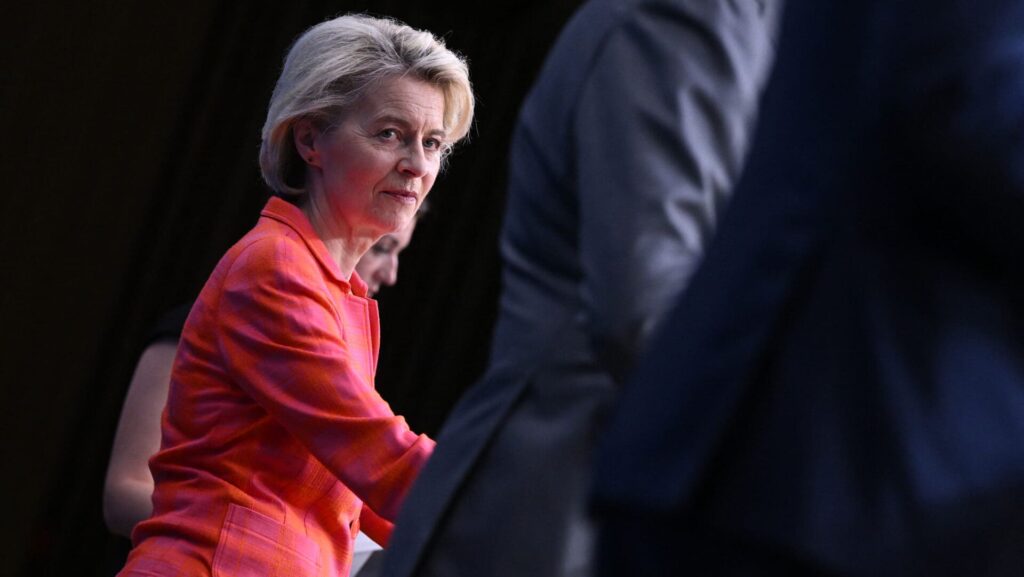
The European Parliament will debate and vote next week on a no-confidence motion against European Commission President Ursula von der Leyen, triggered by criticism over undisclosed vaccine-related messages with Pfizer’s CEO during the COVID-19 pandemic.
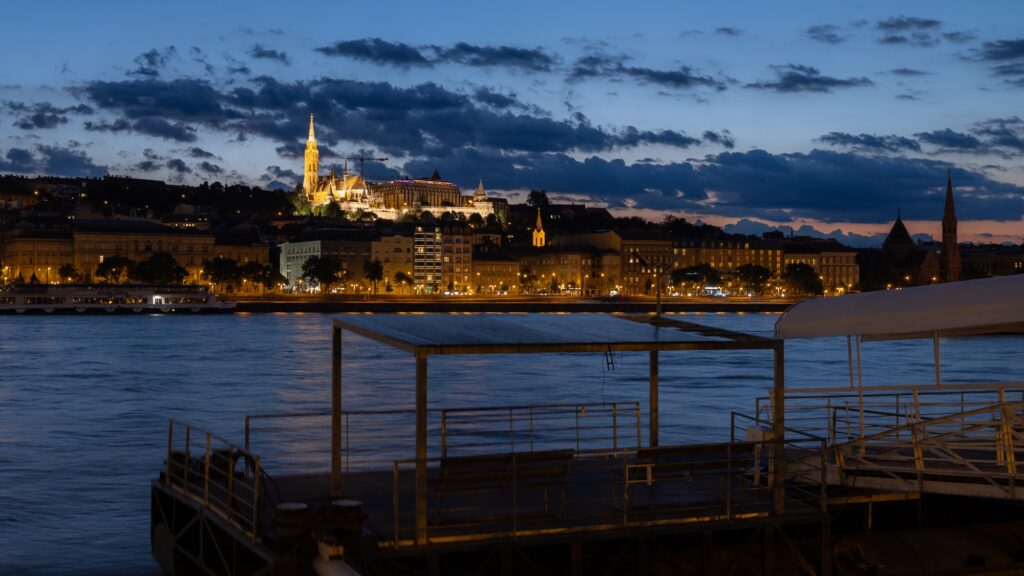
Due to global economic uncertainty, central banks in both Europe and the US have raised their inflation forecasts and cut growth expectations. Hungary, however, anticipates modest growth this year, supported by strong domestic consumption and a stable banking sector.

Hungarian Conservative is a quarterly magazine on contemporary political, philosophical and cultural issues from a conservative perspective.